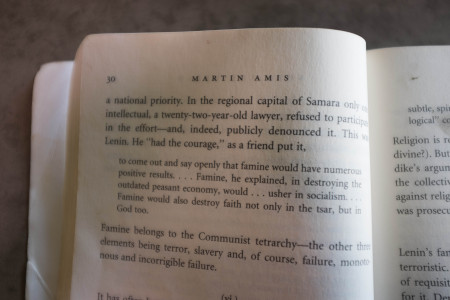The pope had been an actor before he became a priest, and his triumphant return to Poland in 1979 revealed that he had lost none of his theatrical skills. Few leaders of his era could match him in his ability to use words, gestures, exhortations, rebukes — even jokes — to move the hearts and minds of the millions who saw and heard him. All at once a single individual, through a series of dramatic performances, was changing the course of history. That was in a way appropriate, because the Cold War itself was a kind of theatre in which distinctions between illusions and reality were not always obvious. It presented great opportunities for great actors to play great roles.
These opportunities did not become fully apparent, however, until the early 1980s, for it was only then that the material forms of power upon which the United States, the Soviet Union, and their allies had lavished so much attention for so long — the nuclear weapons and missiles, the conventional military forces, the intelligence establishments, the military-industrial complexes, the propaganda machines — began to lose their potency. Real power rested, during the final decade of the Cold War, with leaders like John Paul II, whose mastery of intangibles — of such qualities as courage, eloquence, imagination, determination, and faith — allowed them to expose disparities between what people believed and the systems under which the Cold War had obliged them to live. The gaps were most glaring in the Marxist-Leninist world: so much so that when fully revealed there was no way to close them other than to dismantle communism itself, and thereby end the Cold War.
Gaddis, John Lewis. The Cold War: A New History. p. 195-6
This book covered familiar ground, since I have been taking courses on the Cold War since at least high school. Still, it has a concise and interesting argument. It was interesting to read about the Soviet placement of missiles in Cuba being primarily motivated by a desire to spread communism in Latin America by protecting the ‘spontaneous’ Marxist takeover of Cuba. The book may be overly kind to Nixon and Reagan, with both depicted as accomplished grand strategists. The book is probably appropriately harsh on Mao: estimating deaths from his Great Leap Forward at 30 million and highlighting the strangeness of him still being revered in China while few feel similarly about Stalin.

